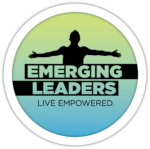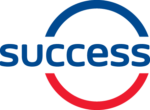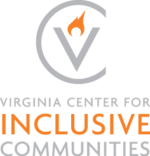Inclusion/Disability Awareness
The National Service Inclusion Project (NSIP), a Corporation for National Community Service (CNCS) training and technical assistance provider, is here to meet all of your training and technical assistance needs on the inclusion of individuals with disabilities as active participants in your national service program.
The National Inclusion Project in North Carolina was started by Clay Aiken and Diane Bubel. NIP partners with communities by providing funding for programs seeking to include ALL children. Grant submission accepted March – July.
The National Center for Children with Disabilities (NICHCY) offers brief, but detailed fact sheets (in English and Spanish) on characteristics of specific disabilities, and offers tips for parents and teachers.
LD OnLine seeks to help children and adults reach their full potential by providing accurate and up-to-date information and advice about learning disabilities and ADHD.
For over 16 years Kids Included Together has been helping organizations engage youth with and without disabilities through encouragement and practical strategies for inclusion. KIT hosts the National Training Center on Inclusion, has a series of YouTube videos, an E-newsletter on inclusion and a national conference.
ERIC-the Education Resources Information Center provides an online digital library of educational resources and information. Internet based bibliographic full text database of education research and information.
A simple guide to disability etiquette.
The Emerging Leaders Web site highlights internship and leadership development opportunities for students with disabilities.
Disability is Natural is operated by Kathie Snow a parent, author and speaker. The website has wonderful information including an extensive list of internet resources.
The Disability History Museum aims to provide all site visitors, people with and without disabilities, researchers, teachers and students, with a wide array of tools to help deepen their understanding of human variation and difference, and to expand appreciation of how vital to our common life the experiences of people with disabilities have always been.
Connecting to Success (CTS) is an innovative model for mentoring that connects young people with disabilities to caring adults in the community. In this model, the primary communication between mentor and mentee is through e-mail with occasional face-to-face meetings incorporated into the program. CTS was developed by the National Center on Secondary Education and Transition (NCSET) at the University of Minnesota. The goal of CTS is to help youth develop social competence, academic motivation, career awareness, and improved reading and writing skills.
The Center for Inclusive Child Care is run by Concordia University in Minnesota. CICC offers many free on line info modules and self study programs to support inclusion on a variety of topics. Continuing Education Credits are available at a nominal fee.










